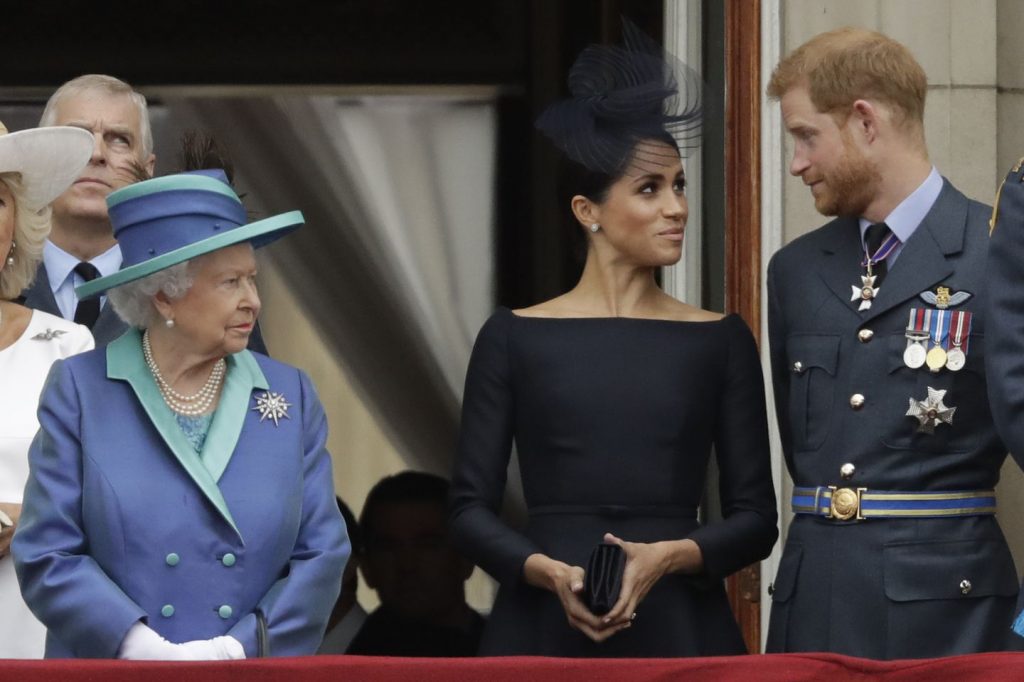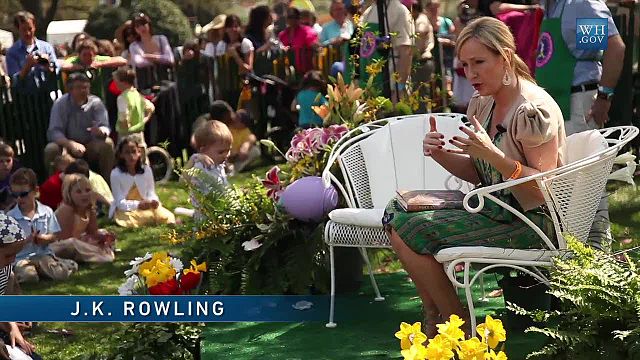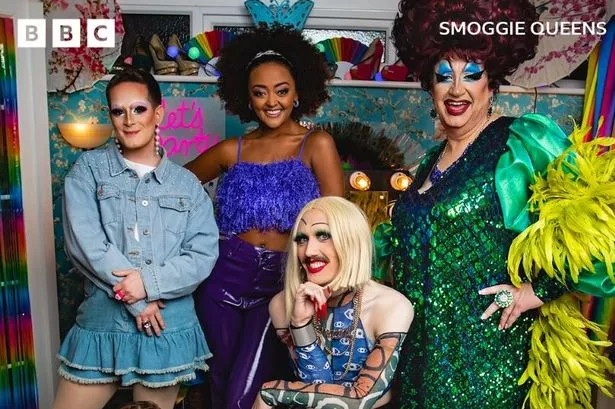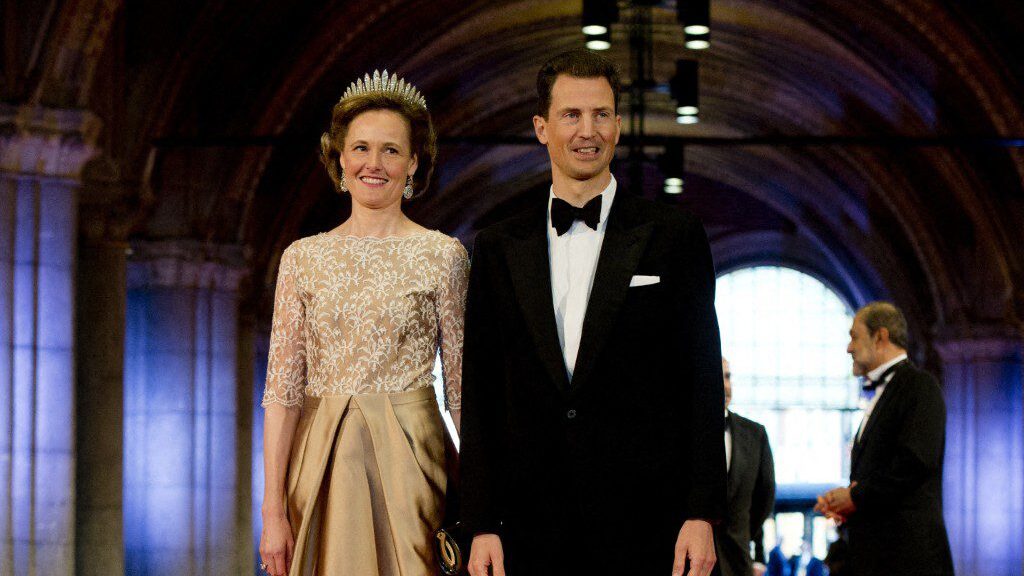Blog Post
Harry and Meghan vs. The Queen of England
By Jonathon Van Maren
With the release of the latest season of The Crown on Netflix, we are being treated to another round of discussion about the Sussexes, who recently scored a hefty deal with the streaming service. As the latest retelling of the House of Windsor’s more sordid chapter rips the scab off the painful wound of Princess Diana’s life and death, Harry and Meghan’s decision to cash in with Netflix seems outrageously disloyal to those still loyal to Her Majesty the Queen. The future king—Harry’s father—apparently does not come off well, either. His son and American daughter-in-law don’t appear to mind.
I’ve largely tuned out the Royal soap opera with the exception of dashing off a few columns on Meghan Markle’s support for abortion (she was apparently thrilled with the referendum result in Ireland) and the Sussex’s endorsement of a radical transgender organization that promotes transition for gender-confused children. But as the second story of an exiled Windsor (this one a prince rather than a duke) and his American divorcée wife unfolds in the press, I’d like to make one observation about the way much of the media covers these events.
With the exceptions of Queen Elizabeth II and Prince Phillip, I’m not a fan of the House of Windsor. I went to see Prince William and Princess Kate in Calgary years ago and I attended the Canada 150 parade in Ottawa where Prince Charles and the Duchess of Cornwall made an appearance in a convertible carriage, but that was more out of historical curiosity than anything else. But I do think the Royals deserve defending in one key aspect: Their insistence on tradition over the mawkish displays of sentimentality and Oprah-style openness foisted on them first by Diana, and now by Harry and Meghan.
When Diana was brawling with the Royal Family and shredding their reputation in the press, she was cleverly employing weapons that the Royal Family was incapable of using. She could share her feelings, her sorrows, and her maltreatment while knowing full well that the Queen or Prince Charles could never do the same. The institution simply didn’t allow for it, and so the Royals were forced to take the fire without returning any (although a network of palace leakers helped.) But above all, Diana fed into the public’s growing disdain of tradition, hierarchy, and rituals that seemed not only outdated but often ridiculous.
Since the Sixties, traditions had been torn down by iconoclasts who never seemed to weary of destruction. Why not the monarchy, too? If the Royals couldn’t get modern—or more accurately, post-modern—perhaps they could be exchanged for a new sort of royalty—the People’s Princess, the Queen of People’s Hearts. In other words, a monarchy maintained by democracy. As Peter Hitchens observed in his magnificent book The Abolition of Britain, Princess Di’s funeral was an outpouring of emotion that bore no resemblance to the solemn funeral of Winston Churchill only decades before. As Caitlin Flanagan put it in The Atlantic in a fantastic essay titled “Meghan and Harry Overplayed Their Hand”:
In Hyde Park, masses of people had camped out to get a good spot from which to watch the funeral on the giant screens that had been installed. They sat on the grass and clung to one another and, as they watched Diana’s coffin projected on the screens, they sobbed. They sobbed as they saw it arrive at Westminster Abbey, and they sobbed when her two unbearably sad boys walked behind it, into the church.
And then they heard the first sound of the service—several notes played on the grand organ that had been installed for the coronation of Elizabeth’s father, George VI. At first these notes were merely blasts of sound, but after the first measure, they organized themselves unmistakably: “God Save the Queen.”
Elizabeth II, by the Grace of God, of the United Kingdom of Great Britain and Northern Ireland, and of Her Other Realms and Territories Queen, Head of the Commonwealth, Defender of the Faith.
She has never once put her personal desires ahead of her duty; she has presided calmly over the end of the empire, accepted change with equanimity, and—against all odds—kept the monarchy a vital institution in modern Britain.
In Hyde Park, the national anthem poured out of loudspeakers, and there was a moment in which the Dianified mourners seemed not to know what to do. But suddenly—following some instinct that was older than feelings—everyone in that massive crowd scrambled to their feet, and for that one minute, they stood tall, and they did not cry out. For that one brave and decent minute, they remembered who they were.
As Harry’s military position, royal duties, family loyalty, and heritage all vanish into the maw of his wife’s ambition, it is obvious that he has forgotten who he is, as well—and he is receiving ringing praise for it in many quarters. Tradition, duty, self-sacrifice, conforming oneself to the needs of a family or institution in an age of hyper-individualism and total personal autonomy—these things are now utterly foreign. Breaking free of a stuffy and constrictive set of protocols and traditions to head off and make it in Hollywood—that’s appealing.
We no longer understand people like the Queen, with her tireless sense of duty. We do understand people like Harry and Meghan. And so it is easy to bash Buckingham Palace for its tiresome insistence on protocol over personal preference while we laud those who are “true to themselves,” as if selfishness were a virtue. I’m not defending the Royal Family in any specific instance, and I’m certainly not saying they’re above criticism (in all likelihood, Prince Andrew should be in jail.) I’m simply saying that the saga of the Sussexes versus the Royals is one we’ve seen before—and if I had to pick a side, it wouldn’t be those who stabbed their family in the back for Tinseltown cash.









God HAS saved the Queen.
Brilliant commentary.